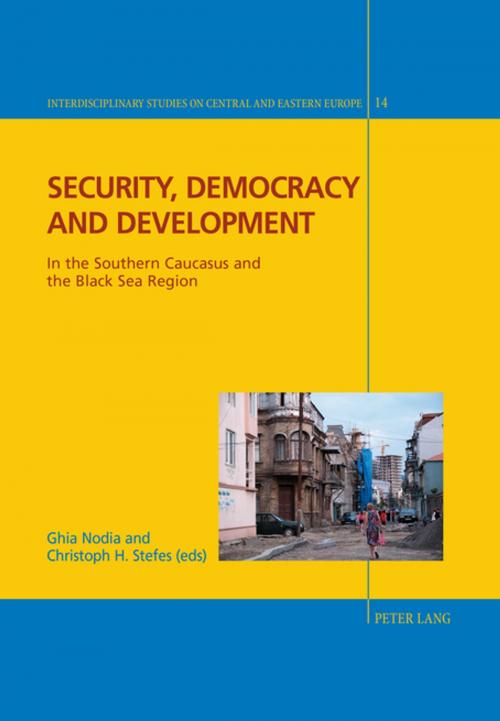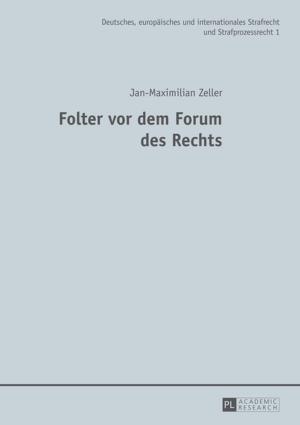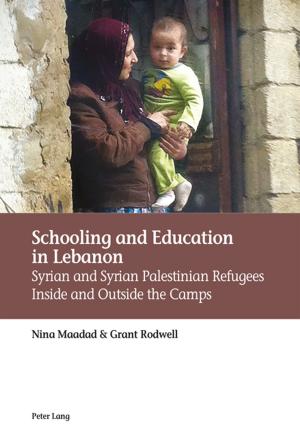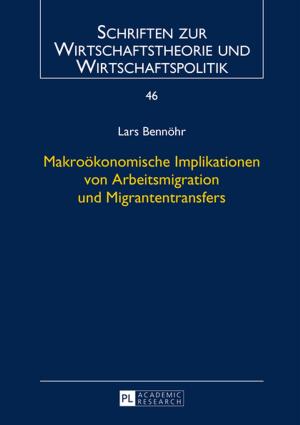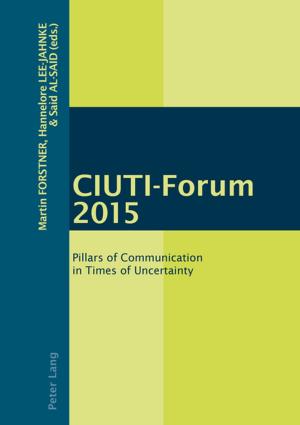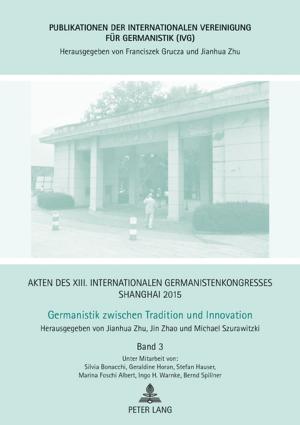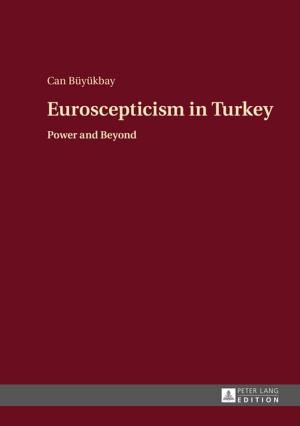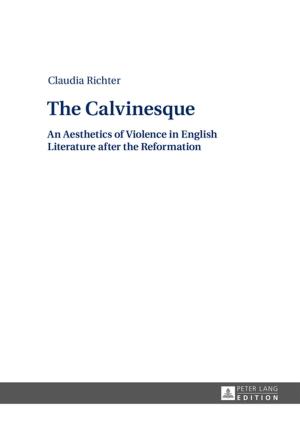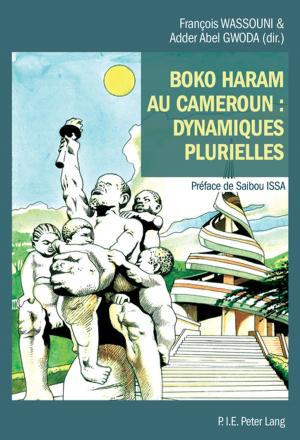Security, Democracy and Development
In the Southern Caucasus and the Black Sea Region
Nonfiction, Social & Cultural Studies, Political Science, International, International Relations, Politics, History & Theory, Social Science| Author: | ISBN: | 9783035199314 | |
| Publisher: | Peter Lang | Publication: | May 4, 2015 |
| Imprint: | Peter Lang AG, Internationaler Verlag der Wissenschaften | Language: | English |
| Author: | |
| ISBN: | 9783035199314 |
| Publisher: | Peter Lang |
| Publication: | May 4, 2015 |
| Imprint: | Peter Lang AG, Internationaler Verlag der Wissenschaften |
| Language: | English |
Since the early 1990s, the southern Caucasus and its larger neighbourhood, the Black Sea region, have experienced deep and sometimes painful transformations, including bloody conflicts. They have also become an arena of geopolitical and geoeconomic competition between great powers. This has attracted growing attention from social scientists. In this volume, authors from universities in Europe, the United States and the southern Caucasus focus on several of the most topical problems of the region, particularly how nascent states and societies grapple with the results of unresolved ethno-territorial conflicts and how they try to construct new civil societies from the cultural mosaic that they inherited from their Soviet past. How do elements of democracy and autocracy combine in the political regimes of the new states? Can the West have an effect on their internal development and, if so, how? How do the rich mineral resources of the Caspian region influence the development of the region’s economies and define the geopolitical standing of these countries?
Since the early 1990s, the southern Caucasus and its larger neighbourhood, the Black Sea region, have experienced deep and sometimes painful transformations, including bloody conflicts. They have also become an arena of geopolitical and geoeconomic competition between great powers. This has attracted growing attention from social scientists. In this volume, authors from universities in Europe, the United States and the southern Caucasus focus on several of the most topical problems of the region, particularly how nascent states and societies grapple with the results of unresolved ethno-territorial conflicts and how they try to construct new civil societies from the cultural mosaic that they inherited from their Soviet past. How do elements of democracy and autocracy combine in the political regimes of the new states? Can the West have an effect on their internal development and, if so, how? How do the rich mineral resources of the Caspian region influence the development of the region’s economies and define the geopolitical standing of these countries?
